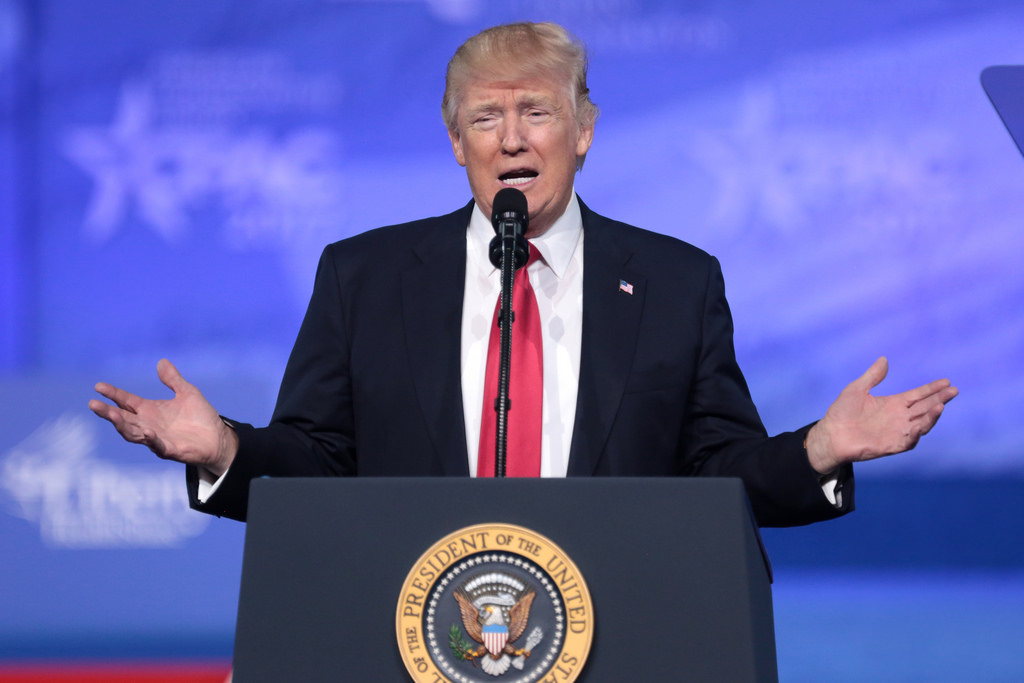 It only takes 140 characters to harm your career.
It only takes 140 characters to harm your career.
Tweeting between 11 p.m. and 7 a.m. could hurt job performance, according to a study on NBA players released Monday. Players who tweeted during these hours scored one point less in games, on average, and saw their shooting accuracy drop 1.7 percentage points, compared to those who didn’t engage in late-nite tweeting. They also took fewer shots and had fewer rebounds, steals and blocks, the study, which examined 30,000 tweets from 2009-2016, revealed.
So what’s going on here? The researchers think that this has to do with players getting less sleep than they should. And, “Our findings are relevant beyond just sports science research,” says study co-author Lauren Hale, a professor at Stony Brook University. “Our results demonstrate a broader phenomenon: to perform at your personal best, you should get a full night of sleep.”
A number of celebrities have learned this the hard way. President Donald Trump recently faced ridicule when he tweeted “covfefe” — which isn’t a real word — in the wee hours of the morning. Geraldo Rivera made some fans angry with a 6 a.m. tweet after Hurricane Sandy which read “1st morning off since storm – scrambling to find generator to save my Koi fish pond”. And Ashton Kutcher’s 2:31 a.m. tweet defending Joe Paterno, forced the actor to apologize with fans calling him an “idiot.” Some people have even been fired over late night tweets.
If you want to keep climbing the career ladder, use this as a lesson. “Tweet only during normal business hours or an hour or so before and after so it doesn’t look like you’re up at night being reactive,” says career coach Hallie Crawford. And, says Cheryl Palmer, the founder of Call to Career, “make sure that you only tweet when your mind is clear.” And even if an event has just happened, don’t feel you have to be the first to react, she says; it can be helpful to gather facts first.
No matter the time, when you tweet, “keep your language, comments and views professional,” Crawford says, and “don’t bash other people: If it’s not something you would say to someone else directly at the office don’t say it on Twitter.” You should also be careful about whom you follow, and rather than worrying about how many followers you have, “worry about what you’re saying, doing, presenting, demonstrating, to the followers you have,” says career coach Carlota Zimmerman.
Bottom line: Remember that “we all share the same internet: So that snotty tweet that you let fly late one night following that third pitcher of peach mojitos…well, you never know who might be reading,” says ,” says Zimmerman. “From an employer’s point of view, how you, as a private entity, choose to publicly represent is crucial, since it gives management an inkling of how you might represent the corporate brand. So think twice. And then, think a third time.”


